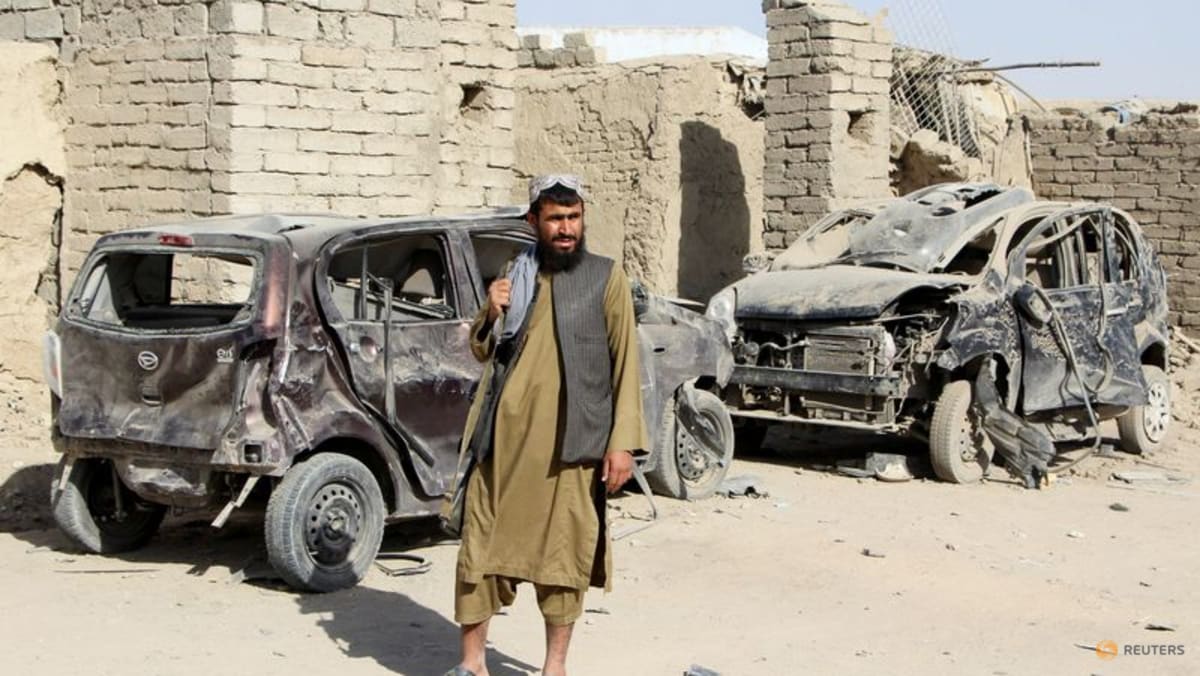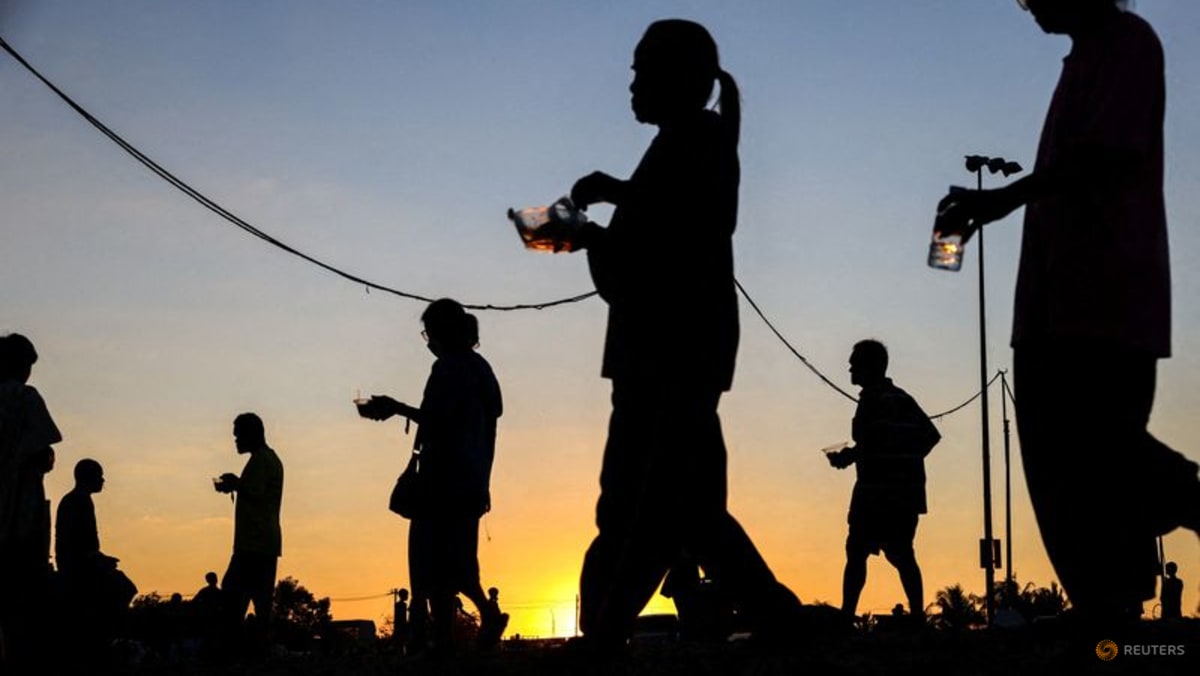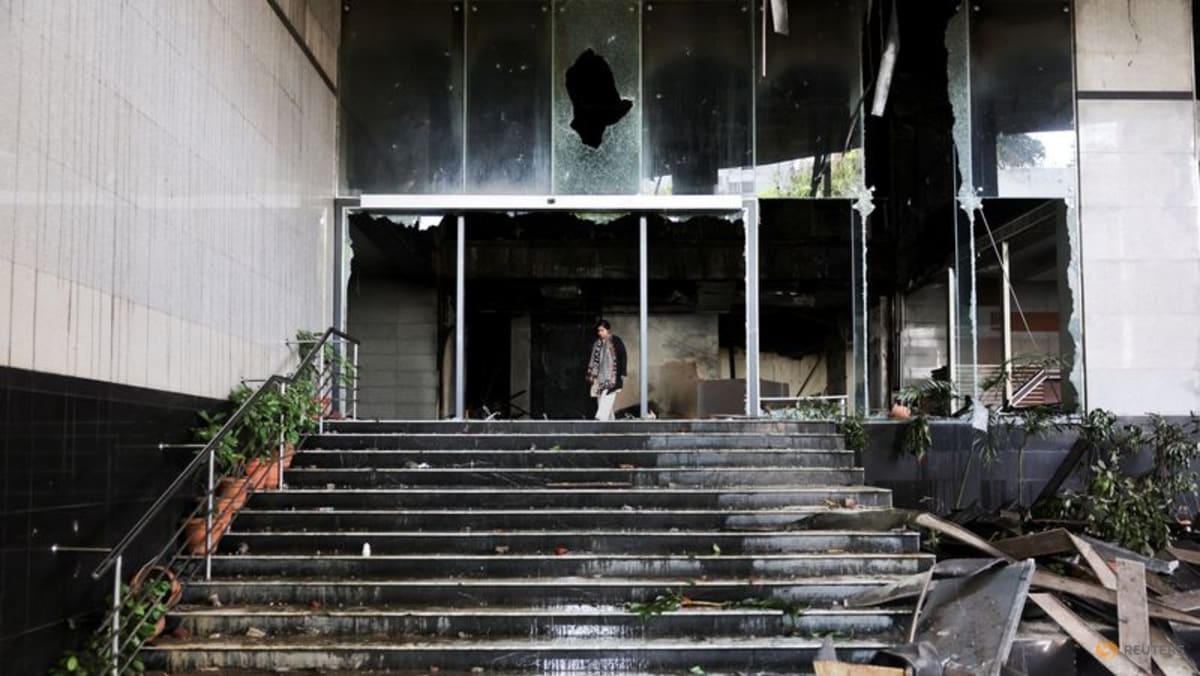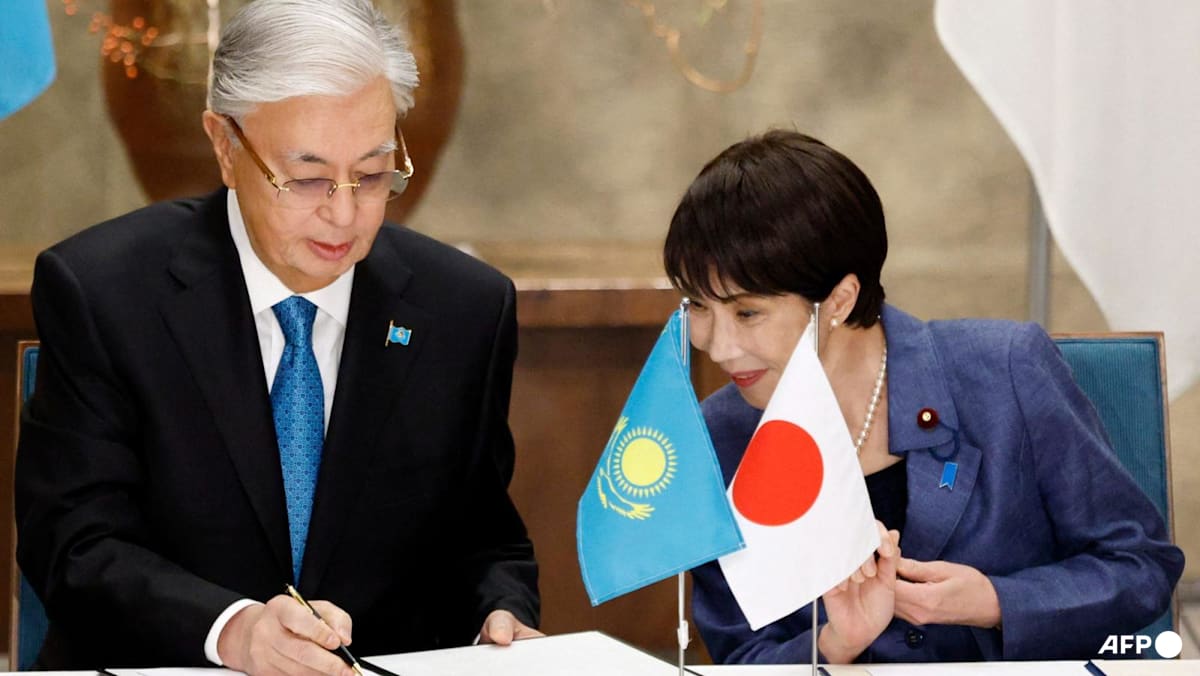AI in Southeast Asia: Innovation revolutionises healthcare but experts diagnose a need for greater trust in new tech

DETECTING CANCER AND BOOSTING BIRTH RATES
Primary care clinics in Asia meanwhile have adopted AI-powered diagnostic tools to help diagnose lung cancer and tuberculosis.
Madam Sylvia Varela, vice-president of AstraZeneca, the pharmaceutical and biotechnology company behind such tools, said that the use of AI-assisted chest X-rays can help identify individuals with suspicious lung markers and support their referral to confirm a diagnosis.
AI technology is integrated with portable X-ray systems to allow algorithms to interpret radiology images.
“This technology can help doctors identify lung nodules in less than a minute and automate the detection and localisation of up to 29 cancer markers, including those indicating potential lung cancer, thus saving time, costs, and resources for the healthcare system,” she told CNA.
She said that since the start of the project, over 2.5 million scans have been performed globally, with more than 1.5 million scans coming from Asia, namely in India, Indonesia, Malaysia, Philippines, Thailand and Vietnam.
She said that based on data from seven geographies, including Singapore, Taiwan and Thailand, projections from their recently launched Saving Lives from Lung Cancer platform suggest that early lung cancer screening programmes and timely intervention could increase the five-year survival rate of patients by 73 per cent in the first year of implementation.
Integrating AI into existing lung screening programmes can help classify and potentially distinguish between different respiratory diseases such as tuberculosis, chronic obstructive pulmonary disorder (COPD), asthma, and lung cancer more accurately, according to Mdm Varela, who is based in Singapore.
“For instance, patients with lung cancer are sometimes misdiagnosed with pulmonary tuberculosis. AI-powered screening tools can help ensure patients get the right diagnosis at an earlier stage of the disease, potentially transforming lung cancer from a fatal to a treatable condition,” she said.
Mdm Varela added that lung cancer is the leading cause of cancer death worldwide and recently surpassed breast cancer in incidence.
AI has also entered certain countries’ efforts to tackle falling fertility rates.
Virtus Fertility Centre Singapore (VFCS) uses the technology in embryo selection during the in vitro fertilisation (IVF) process, claiming that the task of embryo selection is 10 times faster than the embryologist.
VFCS scientific director Dr Liow Swee Lian in a press release on Aug 13 said that during an IVF cycle, embryos are grown in an incubator equipped with time-lapse cameras to monitor them non-invasively throughout the five days of incubation.
“Traditionally, embryologists use a standard grading system to assess the appearance of each embryo under a microscope.
“The AI-based software now analyses extensive time-lapse imaging data, captured every 10 minutes, to identify the embryos with the highest potential for developing a foetal heart by assigning each an embryo score.
The embryo graded with the highest score is then selected for transfer by the embryologist.
Source: CNA















